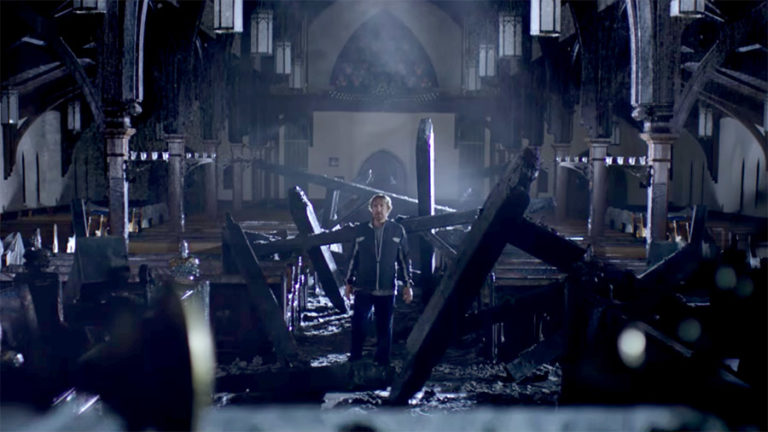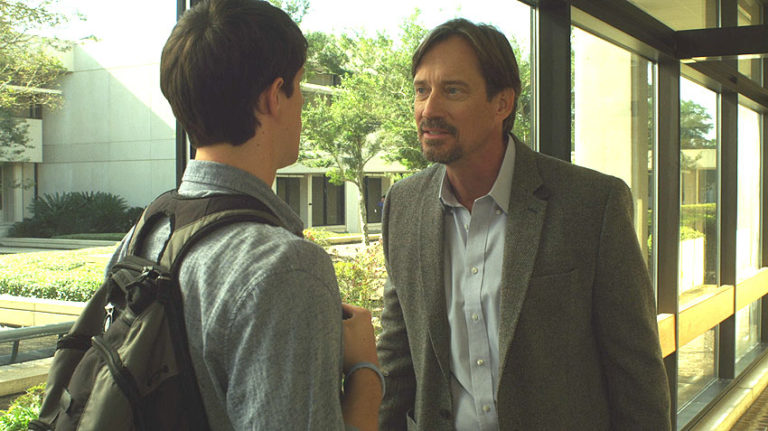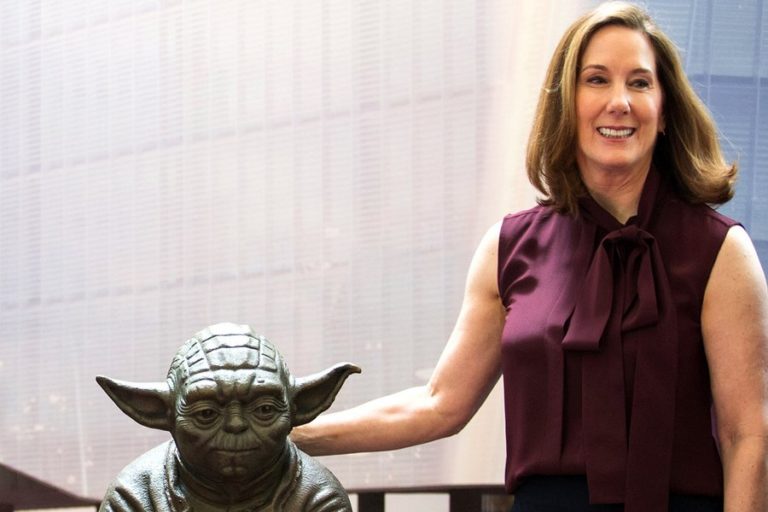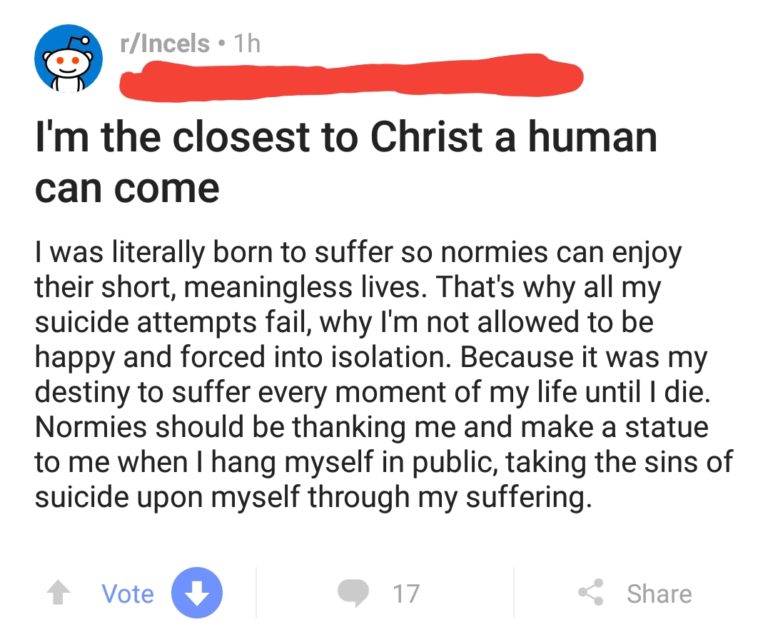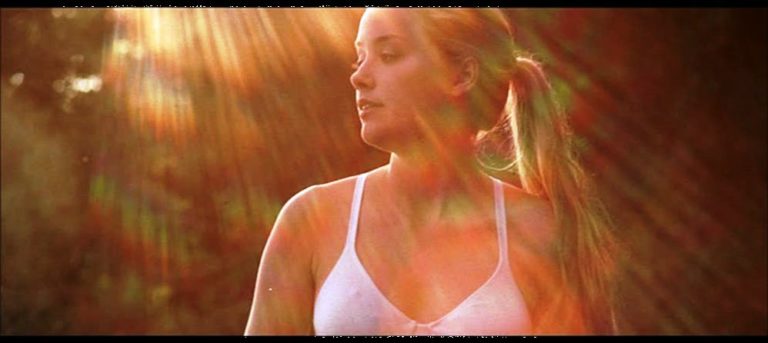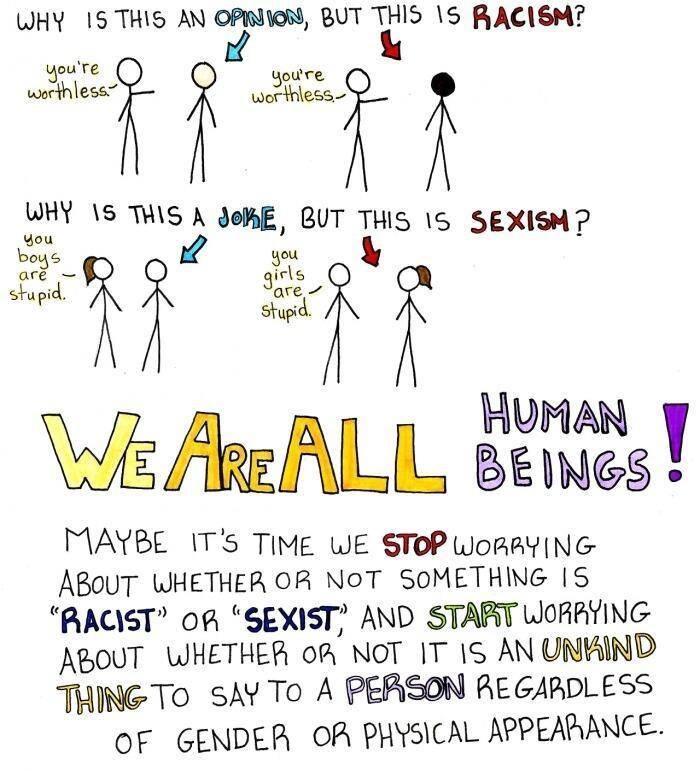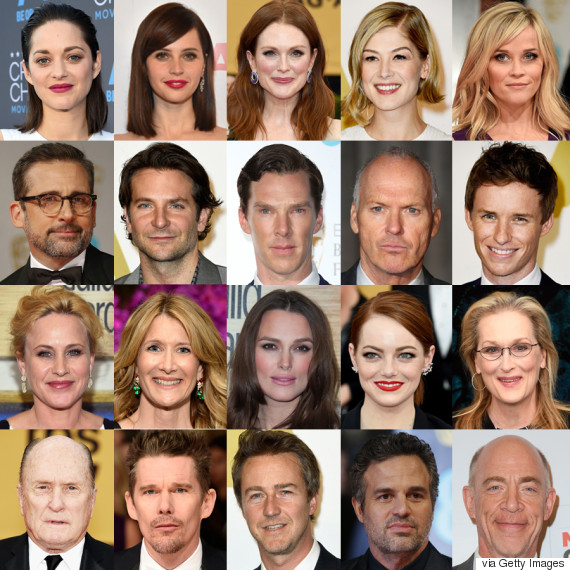I recently watched Alt-Right: Age of Rage on Netflix. If you’re not really familiar with the alt-right and...
social justice
Welcome back to the God’s Not Dead retrospective! In today’s entry we’re covering the latest, and possibly last,...
Welcome back to the God’s Not Dead retrospective! In today’s entry, we’re going to be looking at the...
It has been quite a while since my last Retrospectives series. Don’t get me wrong, I’ve had...
A few months ago I touched lightly upon the Satanic Panic of the 1980s, a historical mass...
When last we checked in with the Dead or Alive franchise, anti-SJW types were stirring up a controversy...
Solo: A Star Wars Story is out this week and for the first time since 2008’s Clone Wars animated...
In the time period between #GamerGate (ugh) and the rise of Trump (BLEH), I started reading We Hunted...
There few experiences more baffling in enjoying movies than coming across a movie which is incredibly flawed,...
So it’s looking very likely that the (English) Canadian national anthem is going to be changed to be...
I am 2 years late on this story, but my father told me about the Benham brothers,...
It’s that time again – another round of The Rebuttal! I’ve had lots of content to pick...
Oh looky, it’s time for another installment of The Rebuttal. What sort of dumbassery made its way...
If you’ve read even a couple of my posts on this blog, then you’re probably aware that...

